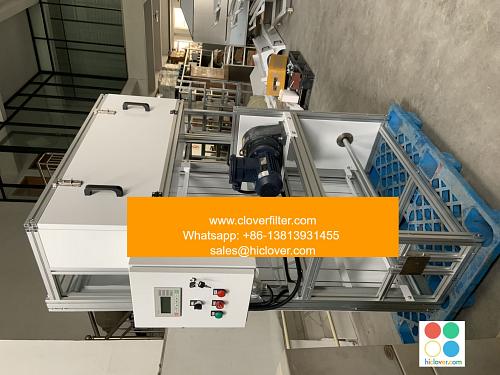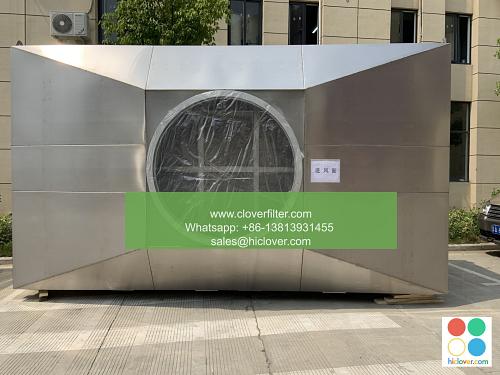The Top 3 Energy-Efficient Air Filter Mistakes to Avoid

The Top 3 Energy-Efficient Air Filter Mistakes to Avoid
When it comes to maintaining a comfortable and healthy indoor environment, energy-efficient air filters play a crucial role. Not only do they improve indoor air quality, but they also help reduce energy consumption and save homeowners money on their utility bills. However, there are common mistakes that people make when choosing and using air filters, which can actually decrease their energy efficiency. In this article, we’ll highlight the top 3 energy-efficient air filter mistakes to avoid and explore the benefits of making the right choices.
Mistake #1: Installing the Wrong Type of Air Filter
The type of air filter you install is crucial to achieving optimal energy efficiency. Unfortunately, many homeowners make the mistake of installing filters that are too dense or too coarse, which can increase pressure drop and decrease airflow. This can lead to:
- Reduced airflow to HVAC systems, causing them to work harder and increasing energy consumption
- Increased wear and tear on equipment, reducing its lifespan
- Decreased indoor air quality, as contaminants are not properly removed
The solution is to choose air filters that are specifically designed for energy efficiency, such as MERV 13 or higher filters. These filters strike a balance between airflow and contaminant removal, ensuring that your HVAC system operates at peak efficiency.
Mistake #2: Failing to Properly Size Air Filters
Proper sizing is another common mistake that can decrease energy efficiency. When air filters are too small, they can become clogged more quickly, leading to increased pressure drop and reduced airflow. On the other hand, when air filters are too large, they can reduce airflow even more, as they may not fit properly in the system.
To avoid this mistake, homeowners should measure their ductwork and calculate the correct size of air filter required. They should also consult with a professional to ensure the right size is selected.
Mistake #3: Not Regularly Maintaining Air Filters
Finally, not regularly maintaining air filters is a mistake that can significantly decrease energy efficiency. Dirty or clogged filters can:
- Increase energy consumption, as the HVAC system has to work harder to push air through the system
- Decrease indoor air quality, as contaminants are not properly removed
- Reduce the lifespan of HVAC equipment, as it has to work harder and more frequently
The solution is to regularly clean or replace air filters, ideally every 1-3 months depending on the type of filter and usage. This simple step can help ensure that your air filter operates at its optimal efficiency.
Benefits of Making the Right Choices
By avoiding these common mistakes, homeowners can reap a range of benefits, including:
- Improved indoor air quality, with reduced allergens and pollutants
- Reduced energy consumption, with lower utility bills
- Increased HVAC equipment lifespan, with reduced maintenance needs
- Enhanced overall comfort, with a more consistent and reliable temperature
Conclusion
Choosing the right energy-efficient air filters requires attention to detail and a commitment to maintaining optimal performance. By avoiding common mistakes, homeowners can ensure that their air filters operate at peak efficiency, reducing energy consumption and improving indoor air quality. Remember to install the right type of air filter, properly size your filter, and regularly maintain it to reap the benefits of energy-efficient air filters.
Application Areas:
- Residential: Homes, apartments, and condos
- Commercial: Offices, restaurants, hospitals, and hotels
- Industrial: Factories, warehouses, and manufacturing facilities
- Agricultural: Farms, barns, and greenhouses
I’m here to help! What would you like to talk about or do? Do you have a specific question, topic, or task in mind? I’m happy to assist you.


